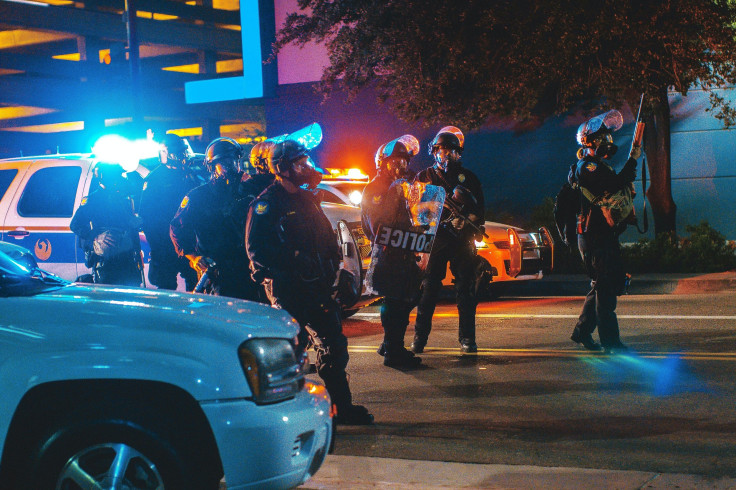The government of Honduras on Friday declared a state of emergency all over the nation, deploying more police officers and opening public funds to push back against gang-related crimes and activity in the country.
Xiomara Castro, the President of Honduras, announced the state of emergency declaration in order to further mobilize the country’s police against the gangs in the country, who have been extorting many of the citizens for money in exchange for safety, Deutsche Welle reported.
Although the plan has yet to be approved by Congress, journalists on the ground have noted an increased presence of special forces and officers on the ground. Police chief Gustavo Sanchez is planning to mobilize 20,000 police officers as well as open up more public funding to the effort in order to address the increasing gang-related crime in the country, Al-Jazeera reported.
Honduras has been part of the “triangle of death” alongside Guatemala and El Salvador where murderous gangs running drug trafficking schemes and other organized crime have proliferated and thrived in.
Local gangs have recently imposed a “war tax” against the citizens of the community they are lording over, offering protection to those who pay or threatening death to those who have refused to. There are already accounts of buses that have been torched and drivers who have been killed over the issue.
The extortion business for the gangs have been lucrative, with security-focused organization Association for a More Just Society claiming that the gangs reportedly make as much as $737 million per year, or close to 3% of Honduras’ GDP.
A recent protest by bus and taxi drivers in the capital Tegucigalpa over the “war tax” may have pushed Castro to issue the state of emergency declaration, saying that her government was declaring “war on extortion, just as we declared war on corruption, impunity, and drug trafficking.”
“To strengthen efforts to recover lawless areas in the neighborhoods, in villages, in departments, I declare a national state of emergency,” she said.

© 2025 Latin Times. All rights reserved. Do not reproduce without permission.





